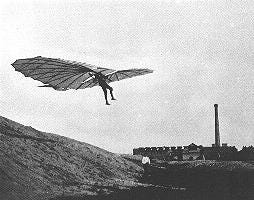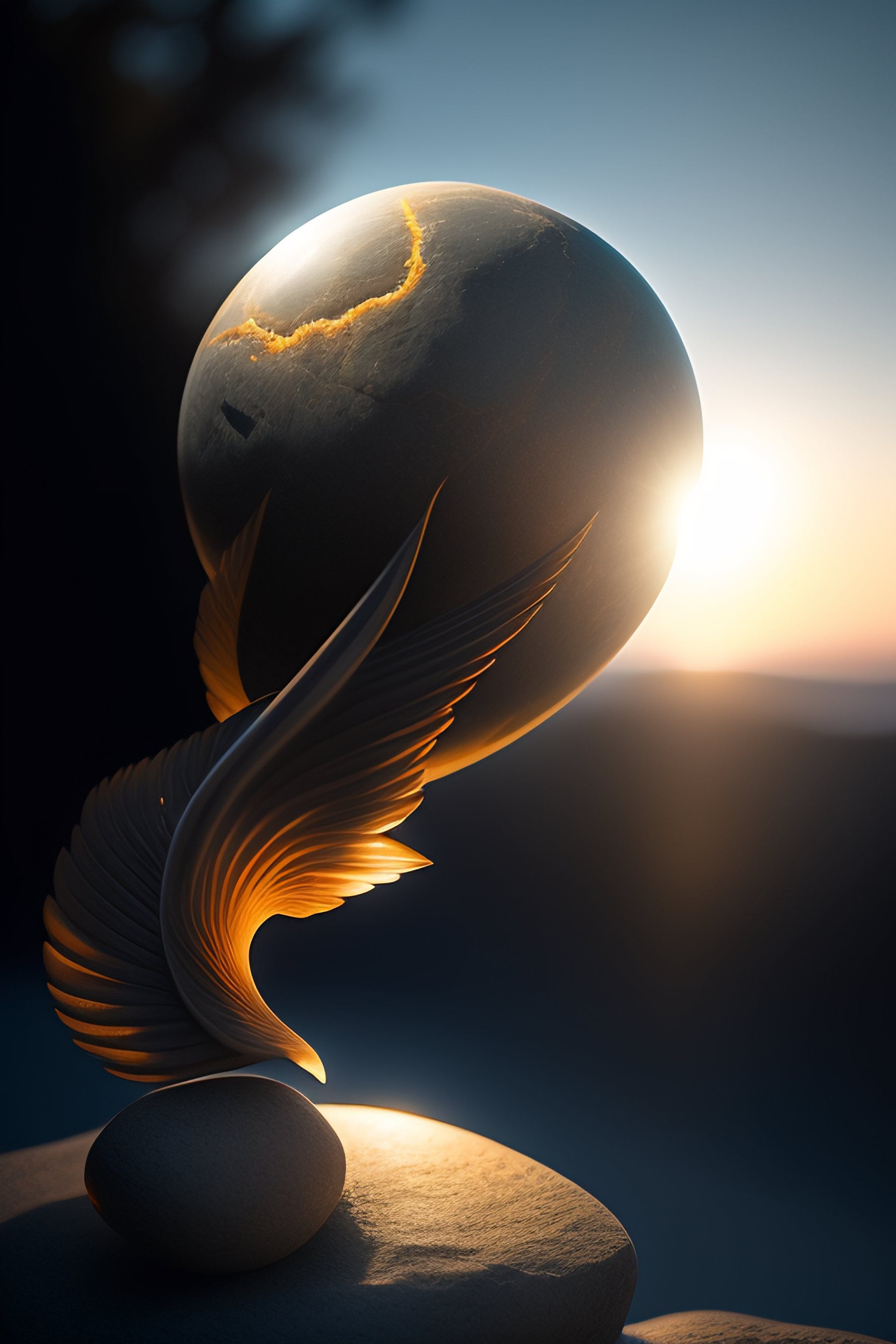The Curious Dilemma: Balancing Ambition and Humility in the Pursuit of Progress
Curiosity is the greatest blessing and the greatest…Well, that’s what this essay is about.
It's not a curse. I know that. But at times, it may surely feel like it. Do you think Icarus thought curiosity was a blessing after flying too close to the sun? Some people think the story of Icarus is about the dangers of hubris, while others believe it's about the dangers of curiosity.
Hubris and curiosity? What’s the difference? There is none.
The tale of Icarus dances around the minds of inventors and creatives like a pesky mosquito buzzing in their ears, warning them that chasing their wild dreams without restraint is as wise as playing hopscotch on a minefield.
In the moment of action, it feels like a blissful stroll through a fragrant garden until you catch a whiff of burnt feathers and realize that the garden is paved with the scorched remains of those who flew too close.
Tales of triumph and tragedy abound throughout the rich tapestry of aviation history, from the daring exploits of Icarus and his fateful wings to the valiant efforts of pioneers like Otto Lilienthal, who soared through the skies in over 2,500 flights with a total flying time of five hours, only to be met with a devastating end when a fierce gust tore him from control, sending him hurtling towards the earth in a fatal collision.

In the late 1800s, people may have said, “He should have known better. Who does he think he is to be attempting to fly?” On one side, he’s arrogant. But on the other side, he’s pushing the limits of curiosity and advancing humanity forward.
Don't feel sorry for Lilienthal, but rather cherish his memory with gratitude, for without his tireless efforts, the landscape of aviation history may never have been forever transformed. Lilienthal's unwavering passion for flight ignited the imaginations of two high school dropouts and bicycle shop owners, who would go on to pioneer a new era of human flight. These intrepid brothers, inspired by Lilienthal's spirit of innovation, embarked on a remarkable journey of experimentation, culminating in the creation of the world's first successful airplane.
People like Icarus and Lilienthal were full of it, and guess what? The Wright Brothers were full of it, too! Imagine leading scientists and engineers telling you flying is not possible. Take, for example, Lord Kelvin, the guy behind the first and second law of thermodynamics and the Kelvin temperature scale, who believed heavier-than-air flight wasn’t possible and, in 1895, said, "I have not the smallest molecule of faith in aerial navigation other than ballooning."
The Wright Brothers followed their curiosity and made flying possible. Once successful, they’re the history makers. But if they had failed, they’re arrogant pieces of shit.
Curiosity can therefore be described in the following way: If your work succeeds, you follow your curiosity and advance humanity forward. If you fail, you're too arrogant to think you could have done it.
It’s an interesting spectrum and one to reflect on as I move through life and attempt new projects.
I follow my curiosity, and it usually works. But this week, I burned my feathers. Instead of recoiling forever, I reflect on gathering context to calibrate myself on when to be fully curious and more cautious with my curiosity. As we reach towards the sun, our waxen wings may start to melt, and we risk falling to our demise.
Ultimately, just as Atlas carried the weight of the world on his shoulders, it is the daring feathers, whether charred by the sun or not, that bear the weight of progress and move the world forward, defying those who condemn curiosity as arrogance, and carrying humanity towards new frontiers.
These feathers represent the embodiment of definite optimistic curiosity that inspires us to dream big and achieve the impossible. Through our bold and curious actions, we discover new opportunities and break through limitations. And even though we may occasionally burn a feather or two in the process, each daring feat earns us a new feather, a small but significant piece of the world that we carry with us.
These feathers give us the strength to persevere through life's challenges and to stand tall and proud, just like Atlas, carrying the world forward toward a brighter future.

If you’re into interesting ideas (like the one you just read), join my Weekly Memos, and I’ll send you new essays right when they come out.